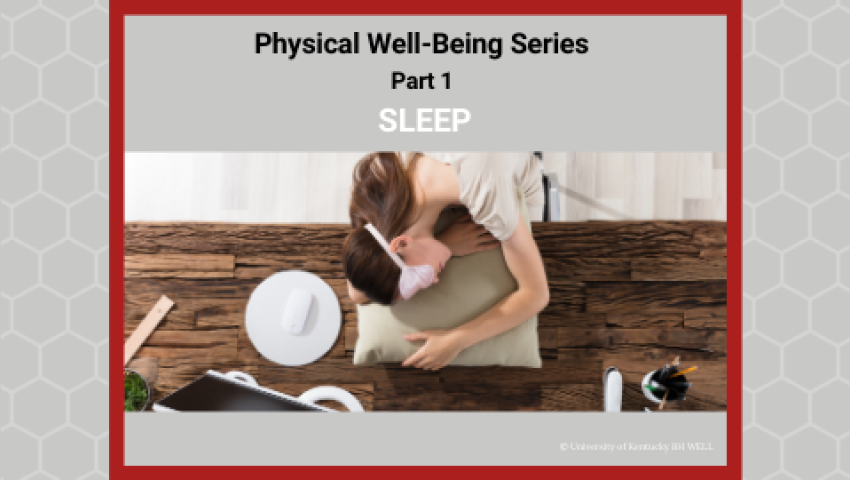Better sleep could start tonight if you choose one or two of those ideas and start now! Physical wellness does not have to be a goal that we struggle and suffer to obtain. Rather, it is certainly achievable to have a healthy relationship with ourselves in which we prioritize small efforts that cumulate into enhanced physical wellness. Take the time to define your goals (write them out!) and commit to mindfully incorporating small steps throughout your daily life to reach them. Most importantly, be honest with yourself in choosing to enjoy the journey to physical wellness.
Look for the rest of this series!
Sarret Seng is a psychiatric nurse at Eastern State Hospital with degrees in both psychology and nursing. About her own physical well-being, she says,
“Personally, I have found that training to get better at certain activities, specifically Brazilian Jiu-Jitsu, Muay Thai, and rock climbing, keeps me motivated to care for my body while enjoying and looking forward to the training.”

